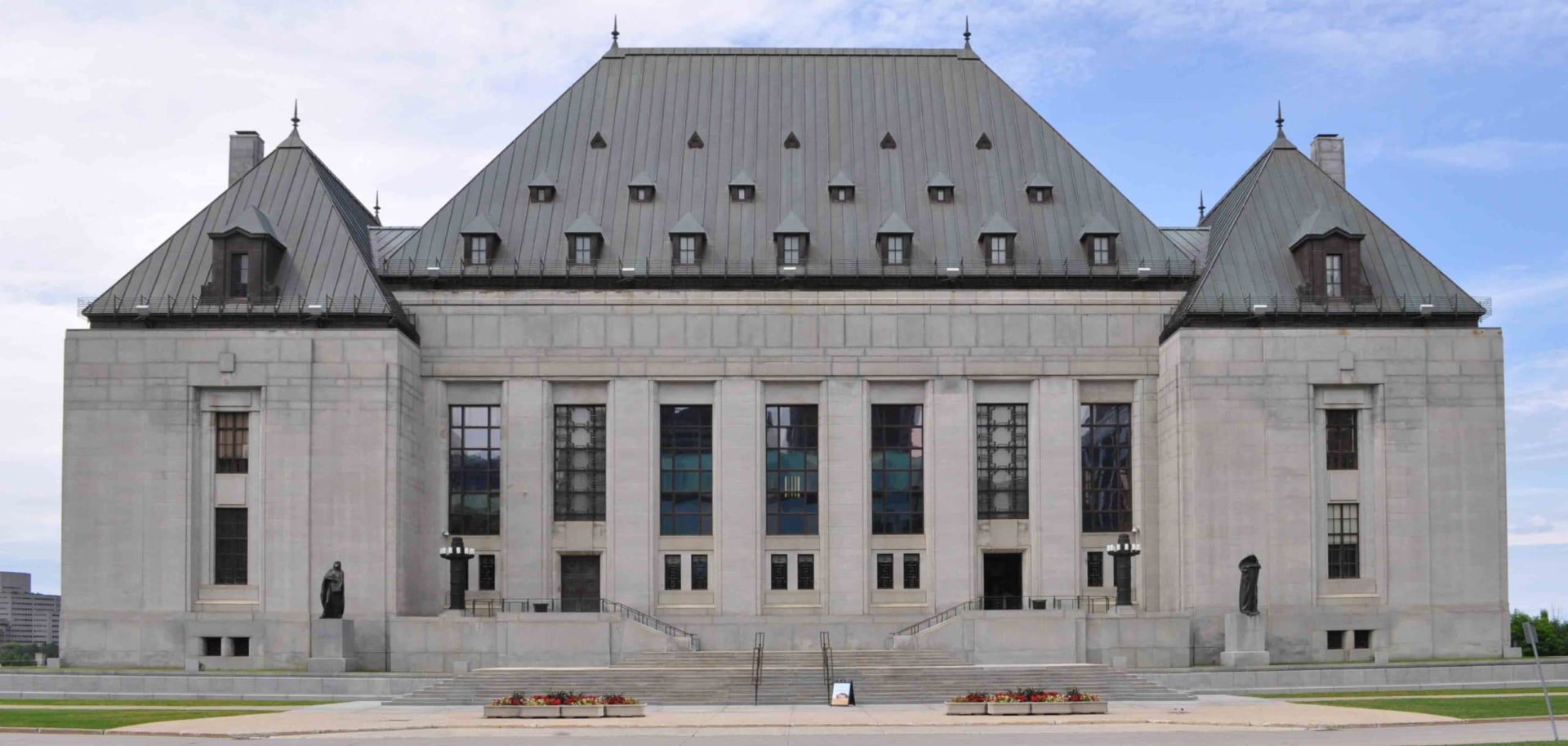OTTAWA – Ecojustice, Canada’s largest environmental law charity, welcomes today’s decision from the Supreme Court of Canada that confirms a plaintiff must demonstrate a harm has occurred in order for a court to hear a SLAPP-style (strategic litigation against public participation) lawsuit.
The court’s ruling ensures Ontarians’ ability to voice their concerns about environmental issues and participate in environmental decision-making without facing legal intimidation.
As an intervenor in 1704604 Ontario Limited v. Pointes Protection Association, et al., Ecojustice made submissions in support of a broad interpretation of Ontario’s Protection of Public Participation Act to ensure anti-SLAPP provisions are applicable across a wide variety of cases.
Ontario’s anti-SLAPP provisions protect freedom of expression, public discourse, and allow for public participation in the democratic process without fear of retribution.
Julia Croome, Ecojustice lawyer said:
“Ecojustice is pleased that today’s Supreme Court of Canada ruling took a broad interpretation of what is in the “public interest” and confirmed the importance of protecting the public’s ability to freely express themselves on matters of public concern, like environmental issues and decision-making.
“Public discourse is essential to any democratic society, and the provisions supported in today’s decision allow SLAPP-style lawsuits to be dismissed using a pre-trial mechanism. It is in the public interest that members of civil society can speak out on issues of environmental concern without fear of being dragged through the courts.
“As Canada attempts to rebuild from the COVID-19 pandemic, it is imperative members of the public and civil society groups continue to be free to engage in decision-making processes and debate over matters of public interest, including environmental issues.”
Additional information:
Ecojustice has a long history of fighting SLAPPs in court and working towards anti-SLAPP law reform. Some of the most notable work has been:
- Early in its existence, Ecojustice represented the Galiano Conservancy Association from a lawsuit by a multinational forestry corporation which is now considered to be the first lawsuit in Canada to attract public attention to the problem of SLAPPs.
- In the mid 1990s Ecojustice represented Friends of the Lubicon from action from Japanese pulp and paper giant Daishowa Inc. in what became known as Canada’s best known ‘SLAPP-style lawsuit’
- Over the course of several years, Ecojustice continued to represent clients who had been hit with SLAPP-style lawsuits.
- Ecojustice has been a persistent advocate for anti-SLAPP law reform. We contributed to the public debate and legislative deliberations that led to the passing of anti-SLAPP laws in Ontario and B.C.

